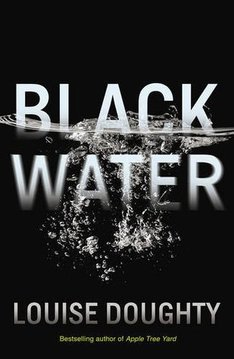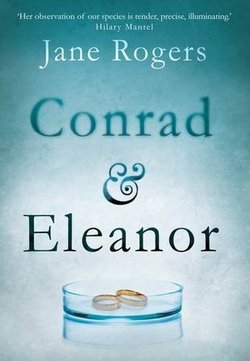John Harper has been numbed by the horrors he has witnessed in the course of his life. Born in a Japanese internment camp in the Dutch East Indies in 1942, after his father had been beheaded in the street, his Dutch mother took him to the Netherlands following Indonesian independence in 1945. Aged six, she uprooted him to California where he found surprising stability for all of six years in the home of her new husband’s father, a black civil rights lawyer and all-round gentleman. At twelve, she summoned him back to Holland where she’d returned after the breakup of her marriage, where Harper bore the brunt of racism at school and, at home, his alcoholic mother’s disappointments.
After National Service, he joined an organisation attending to the interests of multinational companies in areas of political and financial instability; writing economic forecasts while acting as a courier on behalf of political powers, such as the CIA. Posted to Jakarta on the brink of the 1965 genocide, Harper finds himself complicit in the communist purge. Returning to Holland, he has a breakdown and is rehabilitated to a desk job in Amsterdam. But, with a crumbling marriage, he jumps at the opportunity to return to Indonesia, where the 1997 elections presages another uprising. When Harper fails to advise the multinational staff to evacuate, his company exiles him to a hut in rural Bali, which is where the novel begins. By day he develops a friendship with Rita, a teacher with her own troubled history; by night he lies awake listening to the rain on the roof, convinced insurgents have been recruited to murder him. As his past is gradually revealed to the reader, Black Water explores themes of loss, guilt, responsibility and the possibility of redemption. Louise Doughty’s eighth novel is both a disturbing political thriller and an unflinching psychological study of human fallibility. Thanks to Faber and Faber for my review copy.
Largely forged from his reluctance for her to have an abortion in the mid-1970s, Conrad and Eleanor’s marriage has been a modern one, with both partners equally free to pursue their careers. In practice, like the couple in The Tidal Zone, this has meant Conrad letting his career stagnate to devote himself to his wife and four children, while Eleanor’s soars. The children now grown, the couple, while sharing a house, have moved apart; Eleanor’s primary identity is still single, while the more romantic Conrad becomes increasingly depressed. But it isn’t until his failure to return home from a scientific conference in Munich, leaving Eleanor and the children increasingly perplexed, that the couple are forced to confront the joys, resentments and compromises of their long marriage and whether it’s worth saving.
When Conrad gets on a train to Bologna instead of coming home because he fears he’s being stalked, it’s as a he’s undergoing a psychotic breakdown. But, as he loses himself in the freezing foggy streets, it emerges that it’s not only his wife’s infidelities and their consequences he’s been at pains to deny. His job in transplant research has brought him into contact with an animal rights activist with no qualms about destroying his marriage and career. As in The Course of Love, we’re also shown how his early attachments have shaped his attitudes and expectations of his own marriage, and my only quibble with this psychologically astute novel (apart from the title, which I think is rather dull) is that we don’t get the same level of insight into Eleanor’s character.
But even she, as the more practical, and initially less endearing, partner in the relationship comes to realise how much she depends on the psychological security it brings her. The reversal of traditional gender roles within this marriage cleverly reveals the vulnerability behind the successful in a way that might go unnoticed within couples in which the man is the main breadwinner. I found Eleanor’s transformation particularly moving and the eventual resolution, in which the couple slip back a little from a potential happy ever after towards their old ways of relating, refreshingly honest. Marriage, it seems, is a continual journey of adjustment and compromise.
Having read four of Jane Rogers’ previous novels, and attended an Arvon course which she tutored (and provided encouraging feedback on an early draft of Sugar and Snails), I was well disposed to like Conrad and Eleanor, but it went beyond my expectations. Not only is it extremely satisfying as a reader in its forensic examination of the contradictions of genuine grown-up lives, but it’s a gift for any writer who wants to learn how to map psychological development across narrative time. Until Jane can be persuaded to devise a course to show how she’s managed it within this novel, this is one I’ll be reading again.
Thanks to Atlantic books for my review copy.























 RSS Feed
RSS Feed





















